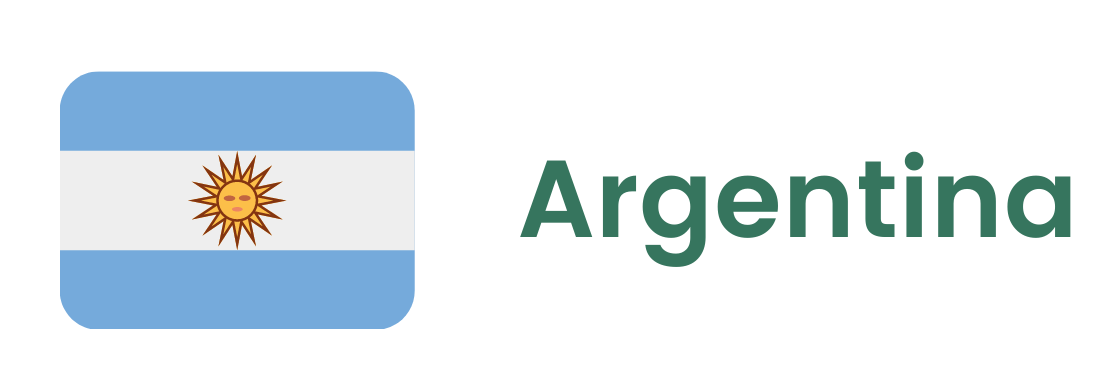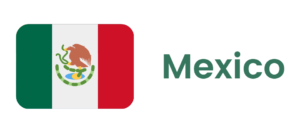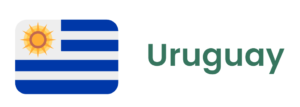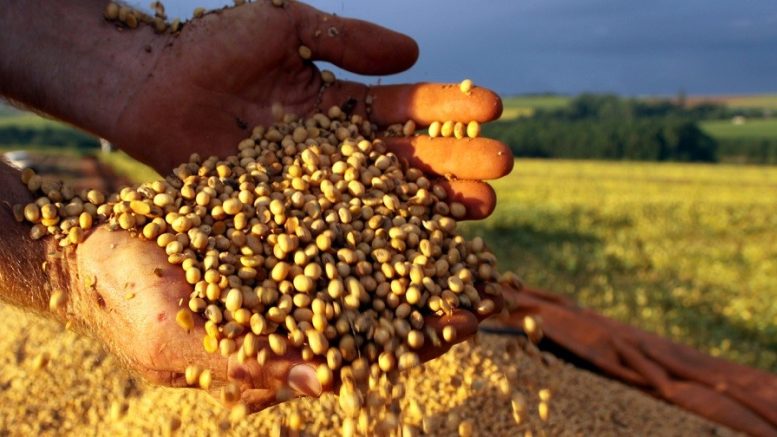Lower Production and Low Prices Continue to Impact Soybean Exports in Paraguay

The government wants to make even deeper fiscal cuts, said the Minister of Economy Luis Caputo, with the aim of reaching a fiscal surplus target of 1.6%. The accumulated primary surplus in the first five months of the year reached 0.8% of the Gross Domestic Product, while the financial surplus stood at 0.3%, supported by lower interest payments. (Government of Argentina)
Kilimo, an Argentine water management platform for agriculture, has secured US$ 7.5 million in its Series A funding round. The investment, led by Emerald Technology Ventures, a pioneering venture capital fund focused on sustainable technologies, also included participation from The Yield Lab Latam, Salkantay Ventures, Kamay Ventures and iThink VC. (Kilimo)

The Ministry of Agriculture announced on June 24th that sixteen countries had lifted restrictions on the purchase of poultry meat from Brazil. The announcement came after the World Organization for Animal Health considered the case of avian flu on a commercial farm in Rio Grande do Sul to be closed. (MAPA)
Despite the recent intense frosts, wheat crops in the States of Rio Grande do Sul and Santa Catarina have not yet suffered significant losses due to their early stage of development. In Rio Grande do Sul, wheat is still in its early stages, which makes it more resistant to low temperatures. However, continued rain has delayed planting and made it difficult to resume activities in the farms. (TF Agroeconômica)
Brazil is set to reach another record corn harvest. “We are on track to repeat last year’s production volumes, which were already all time records. And this naturally has an impact on prices, especially during peak supply, which is June, July and August,” said Anderson Galvão, founder and director of Céleres Consult. “Prices will be under pressure, and this means that farmers need to achieve high yields and control their costs”, said Galvão. (Céleres Consult)
Citrosuco announces it has obtained a US$ 176.92 million loan from Bradesco to help expand the company’s ESG strategy. (Citrosuco)
The Brazilian cotton harvest for 2024/25 was estimated at 3.85 million tonnes of lint, a drop of 0.7% when compared to the previous estimate. “The more humid weather right before the harvest brought greater sensitivity in the lower third of the cotton plants in some regions, causing cotton bolls to drop in some cases… the average yields in the State of Bahia will be 1.77 tonnes/ha, one of the lowest values in recent years”, said StoneX Market Intelligence analyst Raphael Bulascoschi. (StoneX Consultoria)
Depending on the intensity, the frosts that are expected for the coming days could cause problems for corn farms in the States of Paraná and Mato Grosso do Sul in the second crop. “It will affect areas of second-crop corn, coffee, sugarcane… but it is far from being the same as the frost that happened in 2021”, said the agrometeorologist Marco Antonio dos Santos. (Rural Clima)
The Ministry of Agriculture announced a cut of US$ 80.60 million in the budget for the Rural Insurance Premium Subsidy Program. The measure was justified as part of the effort to meet fiscal targets. Despite the cut, the government announced the release of US$ 66.73 million for winter crops, livestock, fruit farming, forests, etc. (MAPA)


Research by agroclimatologist Patricio González Colville reveals that the winter of 2025 in the central region of the country is expected to be atypical and extreme. The expectation is for intense rainfall, in short episodes lasting one to two days, followed by prolonged periods of cold, with temperatures below zero, frost and fog. (University of Talca)
Chile’s 2024/25 export season for fruits such as cherries and table grapes was marked by falling prices and strong foreign competition. In the case of cherries, Chile increased its export volume by 50%, but prices fell almost 33%, said Nicolás Michelini, commercial manager at Quelen Fruit. (Quelen Fruit)

Almost 23 million cattle and buffaloes have been vaccinated against foot-and-mouth disease, which is approximately 76.7% of the total herd. José Félix Lafaurie Rivera, CEO of the Colombian Cattlemen’s Federation, said that “in this campaign, we will have greater health protection than last year”. (Fedegan)
In Boyacá, potato farmers are facing one of the most significant crises of recent years. Potato prices have fallen dramatically, while the cost of inputs continues to rise and imports from Ecuador are increasing. According to Elizabeth Bermúdez, Secretary of Agriculture of Boyacá, meetings of the Board of Directors of the Potato Chain are being held to implement plans aimed at strengthening the production chain. (Secretary of Agriculture of Boyacá)


Sinaloa is consolidating itself as the largest producer of white corn in Mexico. 214,750 hectares were planted, of which 85% have already been harvested, with an average productivity of 10.28 tonnes per hectare, a figure that fits the objectives of the National Institute of Forestry, Agricultural and Livestock Research, which had estimated an average of 10.5 tonnes per hectare. (INIFAP)

In May, Paraguay exported 63,000 tonnes of corn, which are still from the 2024 season. Shipments of the corn from the 2025 harvest should begin around the end of June to July, according to the Foreign Trade Report of the Paraguayan Chamber of Exporters and Traders of Grains and Oilseeds. From June of 2024 to May of 2025, 1.9 million tonnes were shipped, while in the same period of the previous season, 3.3 million tonnes were shipped. (Capeco)
Lower production and low prices continue to impact soybean exports. Despite improvements in river logistics, which allowed for higher soybean exports in May when compared to April, accumulated exports up to the fifth month of the year continue to be affected, due to lower production in the 2024 harvest and low international prices. (Capeco)

Poultry unions held a meeting with the Ministry of Agriculture on sanitary issues, with an emphasis on avian flu. Such meetings are happening periodically since the case of avian flu in a commercial establishment in Brazil. Structural and operational biosafety measures must be maintained, according to Virginia Russi, of the General Division of Animal Health of the Department of Poultry. “In view of the current alert, we must be careful to maintain structural biosafety measures, such as sanitary filters”. (Ministry of Agriculture)

READ MORE:

